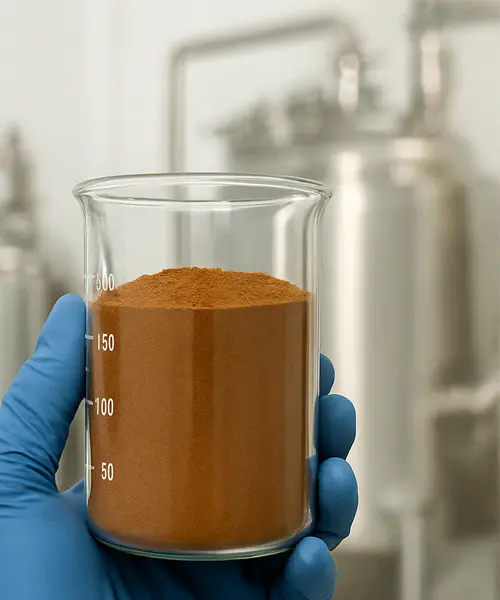A Miracle Gift From Nature
Ceylon Cinnamon is one of nature’s most remarkable creations — pure, aromatic, and rich in natural goodness. Grown and handcrafted in Sri Lanka, it has been treasured for generations for its unique flavor and powerful health benefits.

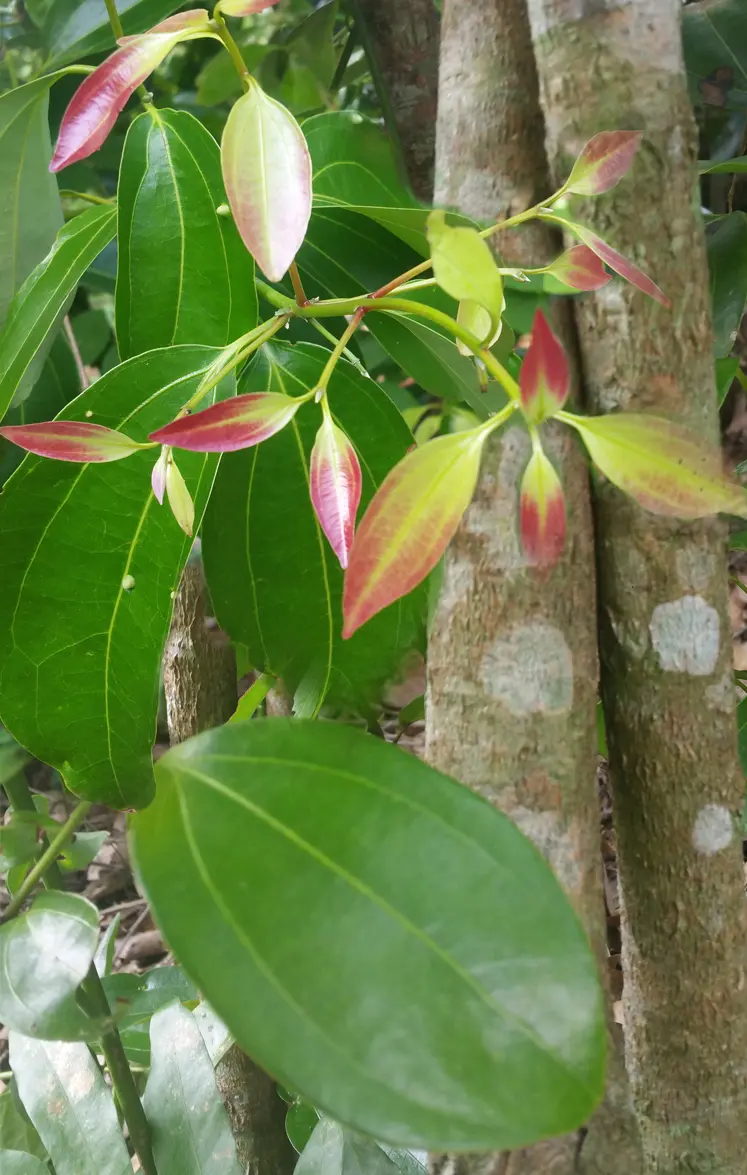
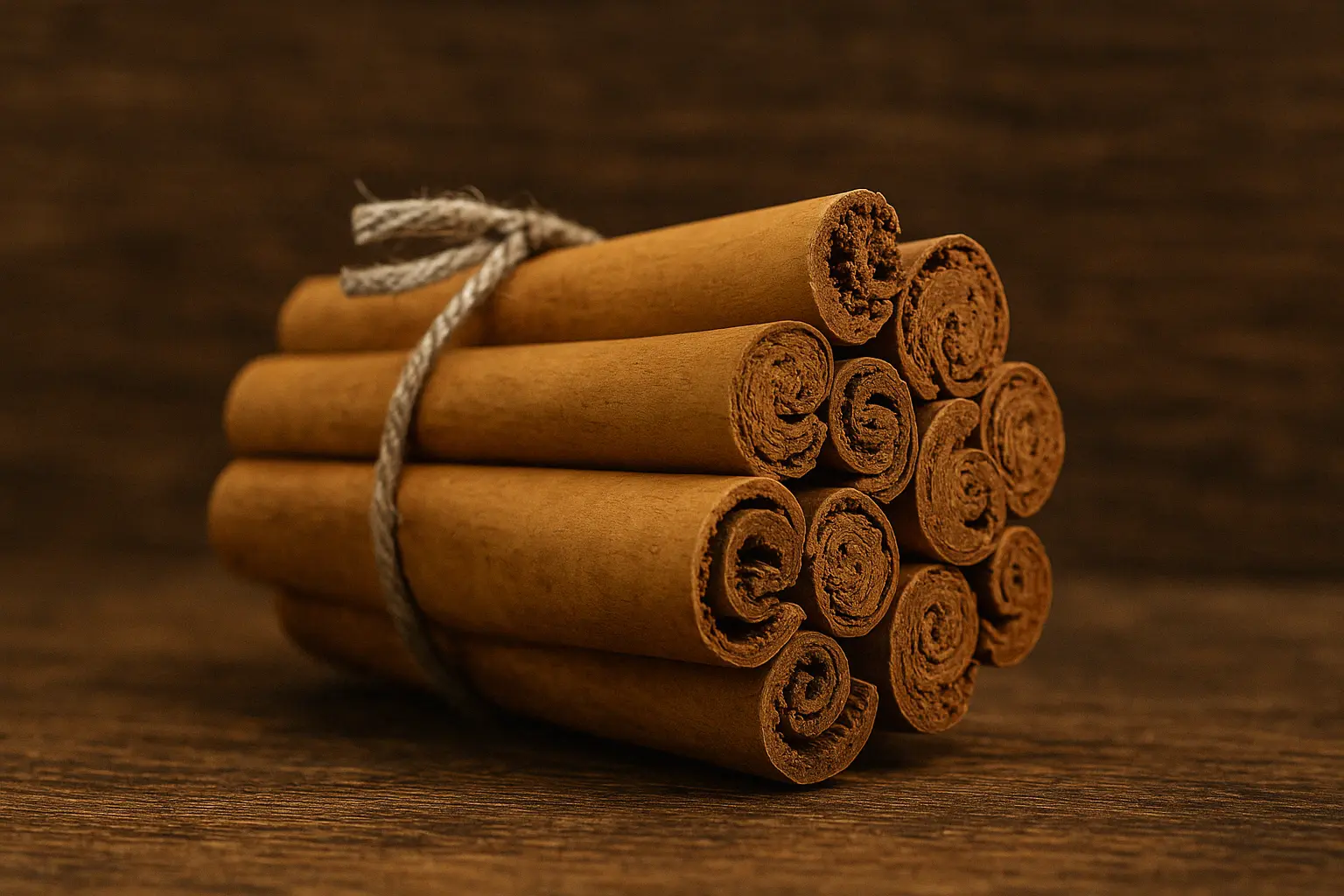

Ceylon Cinnamon Marketplace
Shop True Cinnamon – Direct from Sri Lanka
Ceylon Cinnamon "True Cinnamon"
Cinnamon was one of the first traded spices of the ancient world. Cinnamon was a popular spice in the ancient Arab world and Arab traders have paved the way for Cinnamon to travel a long distance through the spice route to the European market. Cinnamon has motivated many historical voyages leading to the discovery of the New World by Christopher Columbus and Vasco De Gamma to Sri Lanka & South India.
In the culinary world, Ceylon Cinnamon is a beloved spice, known for its mild, refined aroma and light, citrusy flavor. It’s widely used in baking, confectionery, and gourmet cooking—featured in everything from cinnamon rolls and pastries to savory rice dishes and sauces. Beverage companies use Ceylon Cinnamon to create spiced teas, chai blends, and infused syrups for cocktails and liqueurs, adding depth and natural warmth to their recipes.
Ceylon Cinnamon’s medicinal uses date back centuries, especially in Ayurvedic and traditional herbal medicine. Modern pharmaceutical industries utilize its key active compound, cinnamaldehyde, for its antimicrobial and antifungal properties. It is used in natural formulations for managing diabetes, boosting immunity, and addressing gastrointestinal issues, either as part of a multi-herbal blend or as a standalone botanical extract
The global nutraceutical industry values Ceylon Cinnamon for its natural healing potential. Rich in antioxidants and anti-inflammatory compounds, it’s commonly used in dietary supplements aimed at supporting heart health, regulating blood sugar, and improving digestion. Whether in capsule form, powders, or extract blends, Ceylon Cinnamon continues to grow in demand as a functional ingredient in health and wellness products.
Ceylon Cinnamon’s aromatic profile makes it a favorite in the fragrance and aromatherapy sectors. Its bark and leaf oils are commonly used in candles, incense, and oil diffusers. The warm and uplifting scent helps promote mental clarity, reduce stress, and create a cozy, inviting environment in wellness spaces, spas, and homes.
The personal care industry integrates Ceylon Cinnamon into a wide range of beauty and skincare products. Its essential oil is known for antibacterial and stimulating properties, often found in lotions, exfoliants, massage oils, and warming balms. The distinct scent of cinnamon also plays a role in natural perfumes, lip balms, and organic soaps, adding a touch of exotic richness to formulations.
Our latest content
Check out what's new in our company !
Create Memorable, Cinnamon-Infused Gifts — Tailored Just for You
Whether you’re celebrating a milestone, thanking a client, or creating your own branded product line, Cinnamon Kingdom offers beautifully curated custom gift boxes and packaging solutions — infused with the pure essence of Ceylon Cinnamon.
From elegant cinnamon quill bundles, cinnamon powder, Ceylon tea and spice jars to artisanal blends and wellness products, we’ll help you design a gift that’s both meaningful and unforgettable
More Details

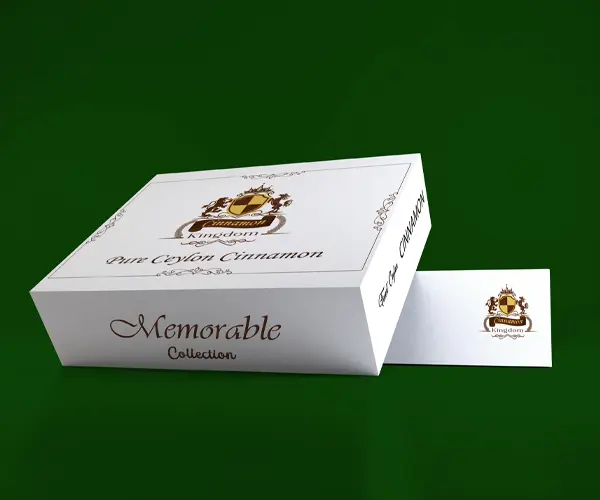
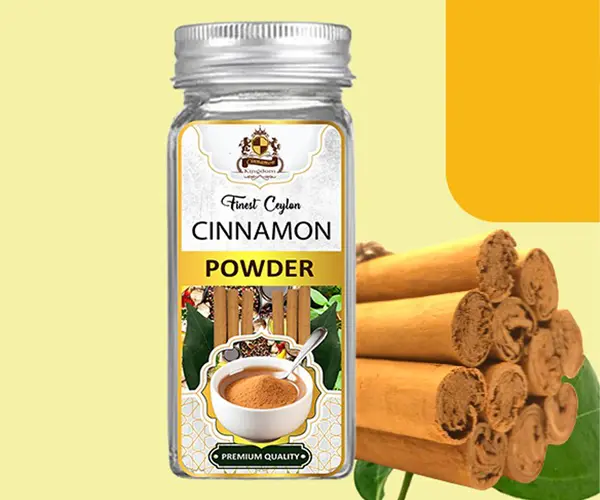
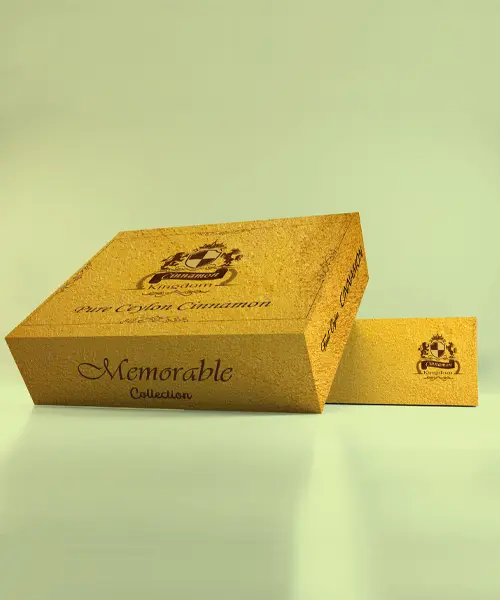

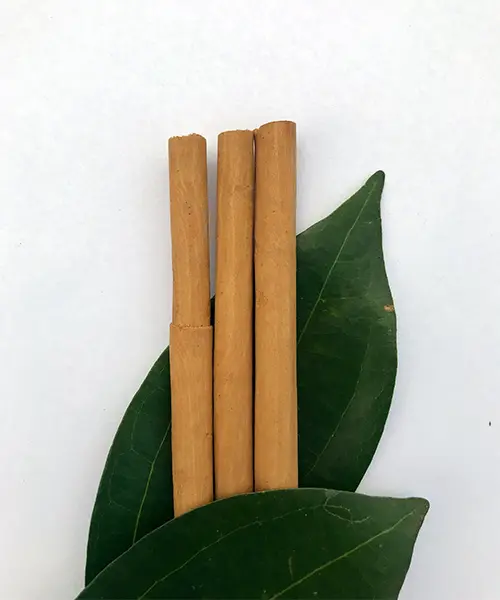
Download Our Product Catalog
Explore the full range of our premium Ceylon Cinnamon products — from hand-made quills to finely ground powder, pure essential oils, and more. Our catalog includes detailed specifications, grading standards, packaging options, and export information to help you choose the perfect product for your needs.
The Cinnamon Journal
“Stories, Trade, and Wellness from the World of Ceylon Cinnamon”
